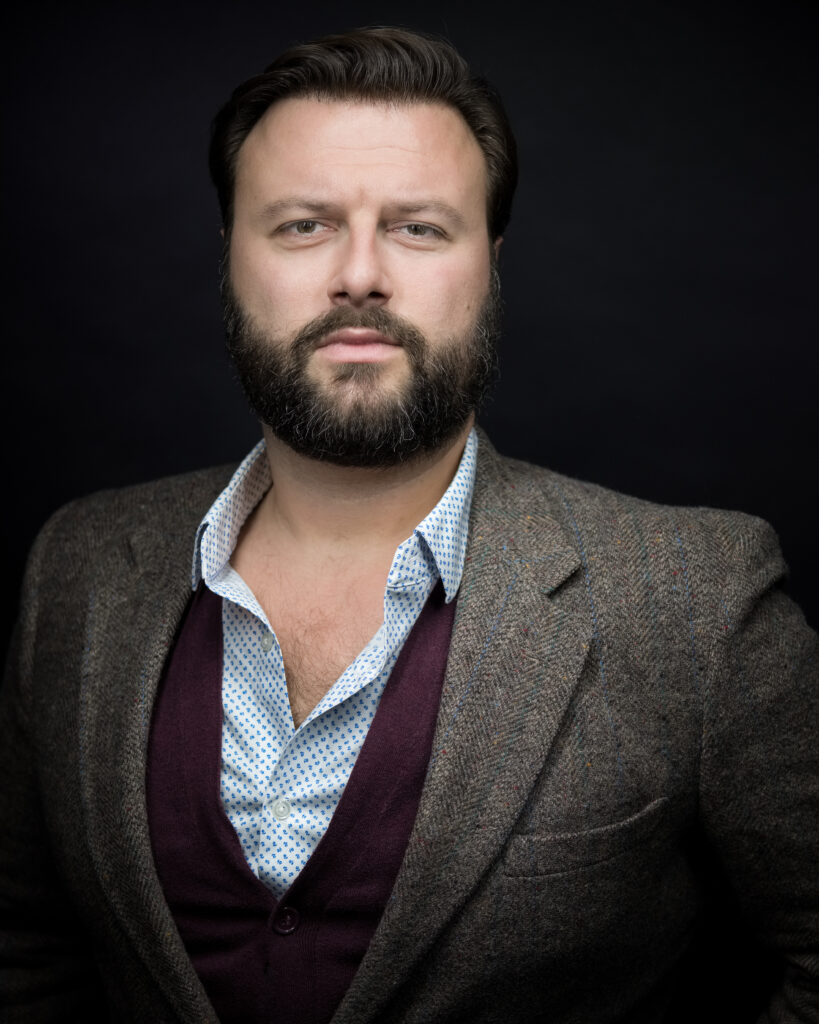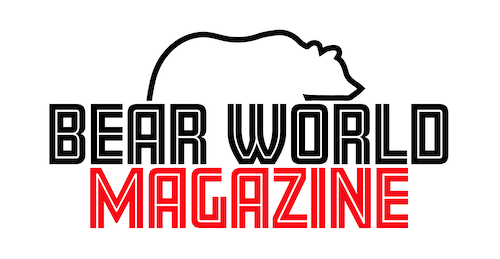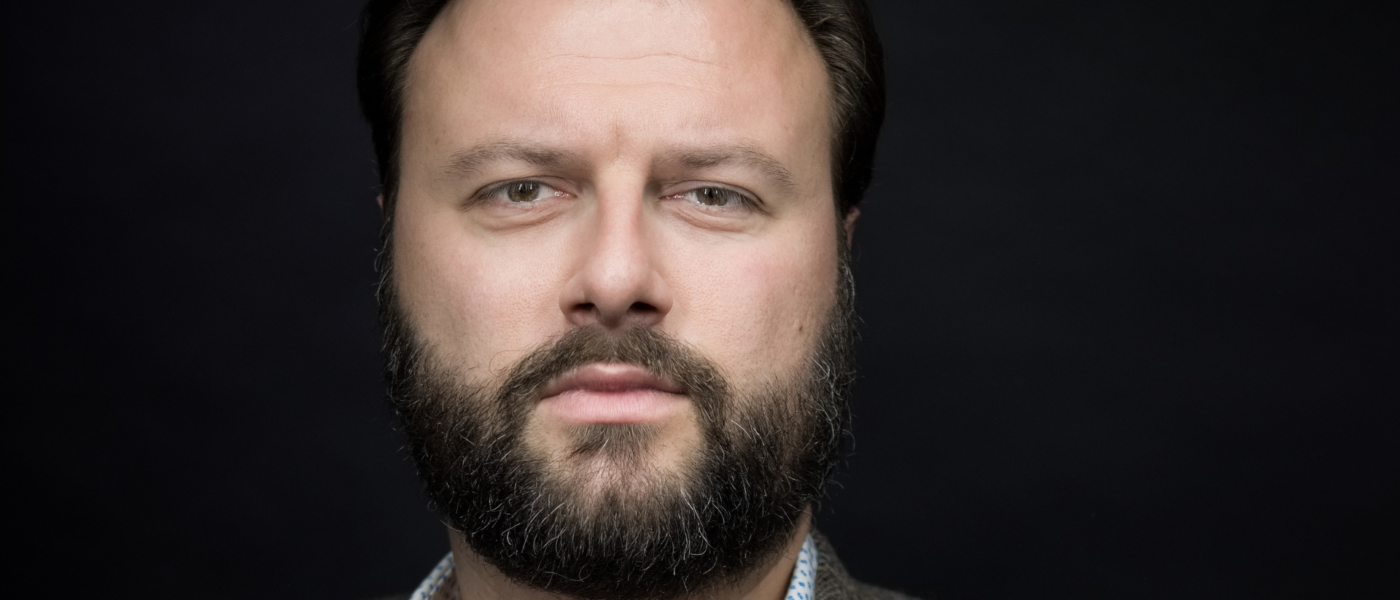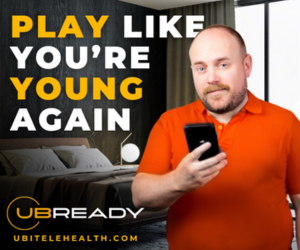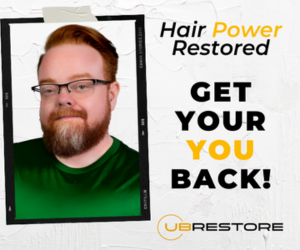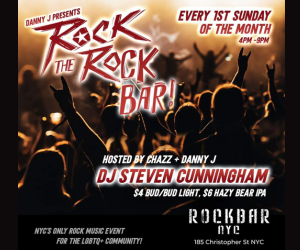Actor Edward Miskie shares his inspiring journey through ‘Cancer, Musical Theatre, & Other Chronic Illnesses’
Beary talented actor, singer and writer Edward Miskie has a story to tell about his journey through a cancer diagnosis, alcohol, coping mechanisms, heartbreak, body dysmorphia, and other issues he’s experienced in his book Cancer, Musical Theatre, & Other Chronic Illnesses. It’s definitely an inspiring journey!
At 25, Edward Miskie was diagnosed with Rare Enlarged B-Cell Burkitt’s-like Non-Hodgkin’s Lymphoma. Before he was diagnosed and began treatment, he had a boyfriend who he had made future plans with, he was a working actor in New York City, and he had a ride-or-die trio of friends. When he emerged from treatment, however, he no longer had a boyfriend, he needed to find a new job, and not all of his friends were as ride-or-die as I thought.
We recently had a chat with Edward to discuss this difficult journey that inspired the writing of Cancer, Musical Theatre, & Other Chronic Illnesses, and how he came out of it all a survivor and winner in spite of it all!
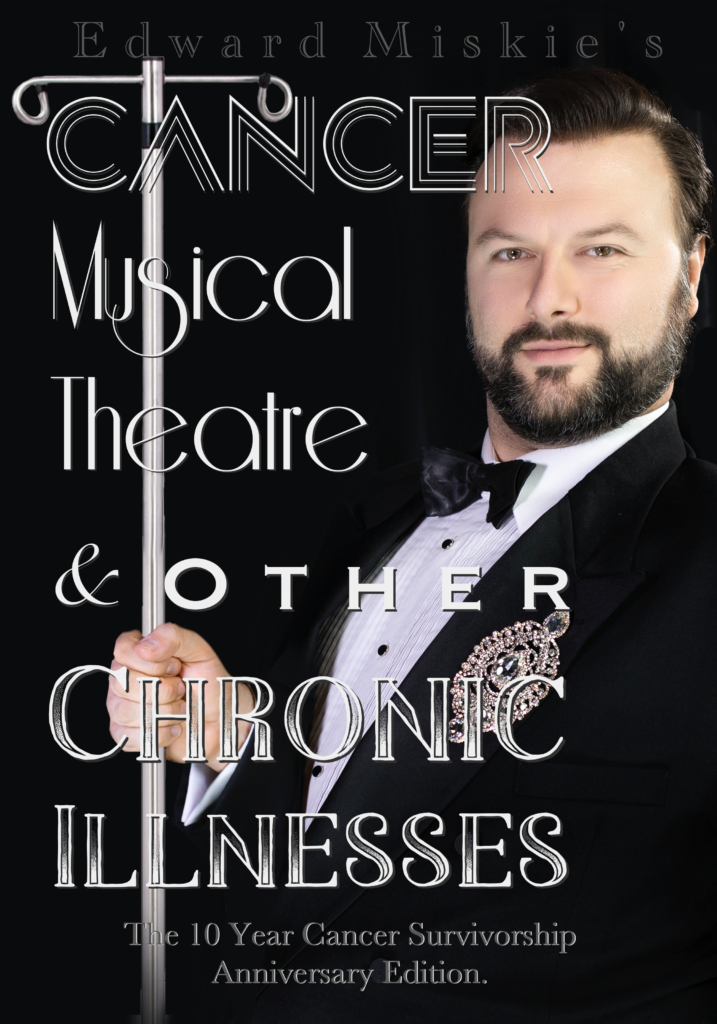
Kyle Jackson: .Can you give us some info on your background? Where are you from and how you got started in musical theatre?
Edward Miskie: I’ve been doing musicals and music/singing related things since before I was in Kindergarten. Having grown up around the fields of the middle-of-nowhere Pennsylvania, it was the thing I was default to doing – music, singing. My mom plays piano, my dad is a guitar player and singer/songwriter; It’s always been there, it’s always been part of my life, so when I realized I could make a whole damn career out of it – there was no question. My first musical was The Wizard of Oz. I was in the 4th grade and appeared as the taller-than-Dorothy Mayor of Munchkinland. I was hooked… NYC, here I come!
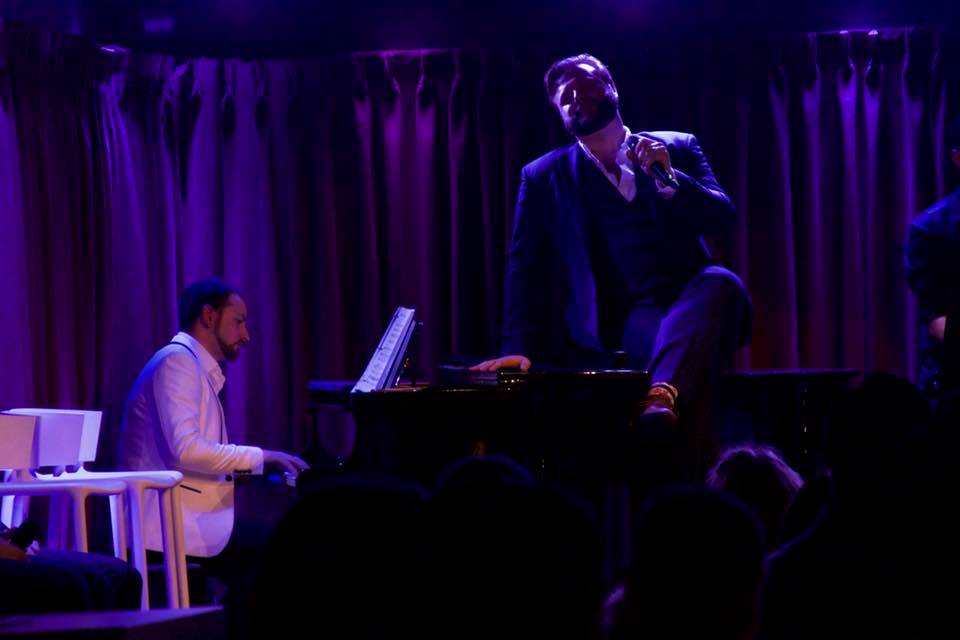
KJ: What was your initial reaction when being diagnosed with Rare Enlarged B-Cell Burkitt’s-like Non-Hodgkin’s Lymphoma? How did your boyfriend at the time react?
EM: My first reaction… “Fuck. Shit. Damn it! I don’t have time for this.” I was in the middle of what felt like a career upswing, and then this giant tumor took me out of the current and threw me into a whole other dimension. My boyfriend at the time, if you even want to call him that, was withdrawn and stoic as always… which at the time I think felt comforting that he wasn’t freaking out. It wasn’t until later that I kind of put two and two together in that he didn’t freak out because he didn’t really care and was seeing someone else.
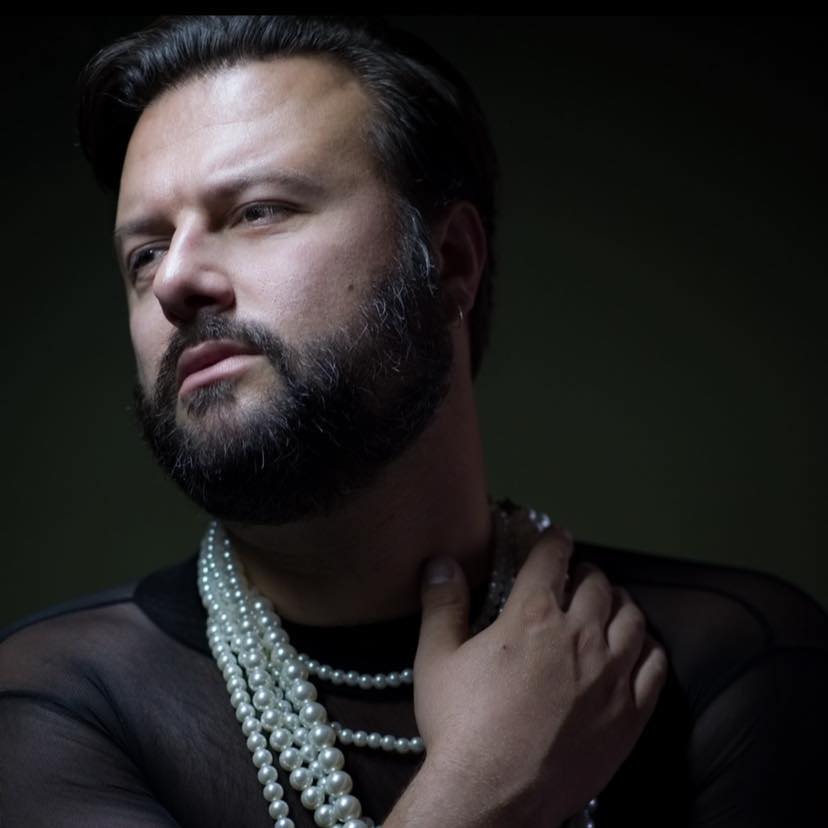
KJ: What are some of the things people may not know about what queer cancer patients experience?
EM: Lordy, strap in! This may not be queer specific, but speaking to my experience; hookup culture, body dysmorphia, and socializing were all things that took a huge curve in relation to the queer cancer patient experience.
During chemo I was still on the apps, I was still sending pre-cancer photos of myself to those I was talking to because I wanted to be validated that once upon a time before I looked like a patient I was desirable… that I had a version of me to look forward to. Yes, this was TECHNICALLY cat-fishing (LOL), but it was me, just not…. The ‘now’ me. Yet, I still managed to find people who were willing to go through with hookups here and there despite what I looked like. I even had one of them ask me “how long I had been sick” because his “roommate had it too.” I’m not sure what he meant by that exactly, but I blocked him as soon as he left. The harshest of reality checks. I thought I was using sex as a comfort, as a coping mechanism, as validation and reassurance that I “still got it”, when in reality it was a self-sabotage pattern, and a coping mechanism on an escapism quest to not face my reality.
The LAYERS of body dysmorphia that bore down on me during this period of time – not only was I in the best shape of my life when I started chemo, but I also still thought that I was undesirable and out of shape. I wasn’t, but that’s not what my brain and eyes saw. Then to top it off (or bottom it off) with chemo and other medication destroying my body; facing the filtered, airbrushed, steroid manipulated bodies on the internet… any shred of confidence I had was gone.
I hid. I was hiding. Actively hiding. Behind a screen, behind ‘being busy’… finding a need to be able to point to something beyond appearance to justify my existence, to say “yeah ok I’m not a roid-queen, but look at what I made/did/can do.” This STILL sits with me today – the lowkey jealousy battling the disgust of the standard, battling the need to be appreciated for NOT what I look like, but who I am and what I do. It’s an indelible pang of losing my compass facing how one is treated when they’re not the standard vs. when they are. I’ve been on both sides, and the sad truth remains.
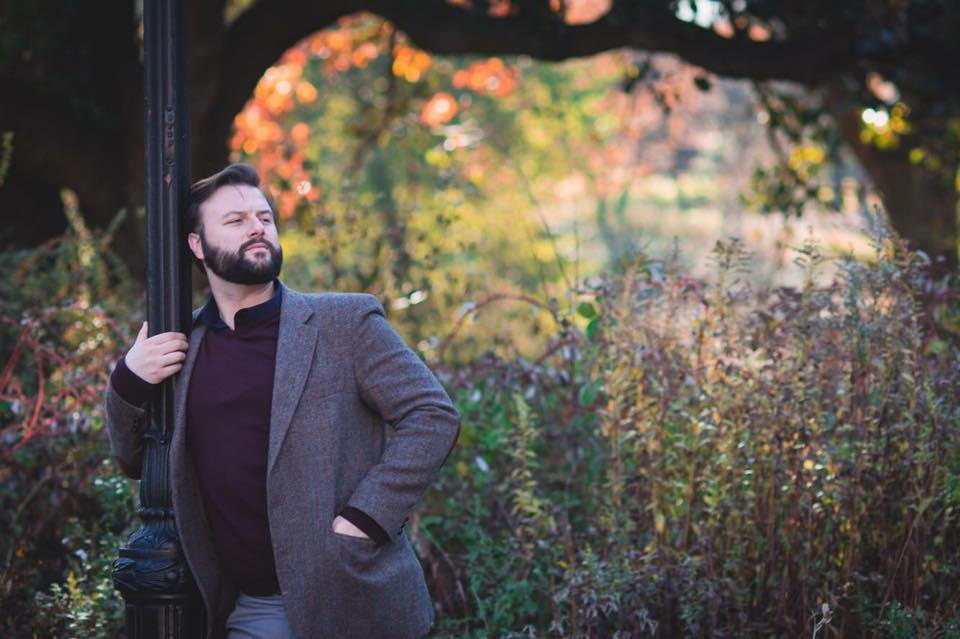
KJ: .Can you tell us about what else had a hand in your experiences with depression and drug addiction? Did you believe that drugs were helping you to cope?
EM: Well, when I said “drugs” I didn’t mean meth, or anything like that. I meant chemo, the antibiotics, the steroids they put me on, the prophylaxis, and of course the pot-brownies I overdosed on, and the bourbon that carried me through emotionally. It’s a lot.
I had fistfuls of pills they put me on to keep me alive, and prevent me from complications. Some of them worked, but I welcomed complications like a handsome man at my front door. That’s another story for another time, but beyond the prescribed medication and beyond the micro-dosing brownies, I drank my way through chemo. Was it an addiction? No. Was it a thing that I clung to because it made me feel like a normal participant in society? Absolutely. Even if it was at home in my room by myself. I drank.
I drank my way through Mad Men, I drank my way through Downton Abbey, I drank my way through Smash. Alcohol and TV became besties to me during this time, and it took me years to get away from mandatory cocktails and Netflix. I’ve recently delved into the sobriety of it all, and I’m over 100 days alcohol free for the 5th(?) time since 2020. It’s been a JOURNEY, and though it never affected my life in a way that was missing work or not showing up for things, it definitely affected my health, appearance, mental state – something I’m so pleased to have a better grasp on now as I repair and work towards improvement of them all.
KJ: At what point did you start rediscovering yourself and your talents? Did rediscovering this help you get through your depression?
EM: Do we ever stop rediscovering ourselves? I hope not. It’s just different when chemo and hospitals and nurses and doctors take everything about you away to keep you alive. Stripped down to nothing, your identity scrapped. I fought all of it the whole time. From day one I fought being a barren cancer patient. I fought giving up my career, giving up my hobbies, my time, my mobility… until I didn’t have a choice anymore… and they gave me up.
Needless to say, when I hit the 100 days after my stem-cell transplant I was chomping at the bit to get back to anything that resembled my previous life. I did at home yoga, I took long walks with my parents – my caregivers – I joined a gym as soon as I was given the OK to do so, I went back to work as soon as I could, I went back to auditioning as soon as I could. Even though I was back at the things I was doing before to survive, nothing felt right, nothing felt like it fit, and nothing felt… good.
That’s not to say 100% of the time nothing did – there were pockets where I felt like myself again, but they were short lived and few and far between. It took me YEARS to figure out that I wasn’t the same person coming out of chemo that went into chemo, so of course nothing felt right because I was trying to put a left foot tap shoe on a right hand. I had a new life, I was a new person, and I needed to maneuver accordingly – no one told me that.
KJ: What would you like to tell other queer people who may be struggling with chronic illness or mental health issues, or what do you hope they gain from hearing your story?
EM: Speaking to the mental health of others doesn’t feel like something I can effectively do as I am not a doctor or mental health professional, but what I can say for those who are not in need of medication or have otherwise need for professional intervention and help in regards to mental health (which frankly is everyone to a degree) is that often we look externally for answers and healing when really the healing can be done from within with ourselves. There is no secret ingredient, you are the ingredient.
Of course this does not apply to moderate to severe cases of extreme mental health circumstances, but for me and what I went through I sought a lot of external (booze, sex, validation of others) and really I should have done some internal work… This does not mean isolate and don’t associate with others. Have friends. Have support. Keep them close. Cherish them – my friends and family are a massive part of why I’m still alive today – but this is an and, not an or. Have the support from others, ask yourself questions about how and why you feel the way you do and what are the things you can do to heal.
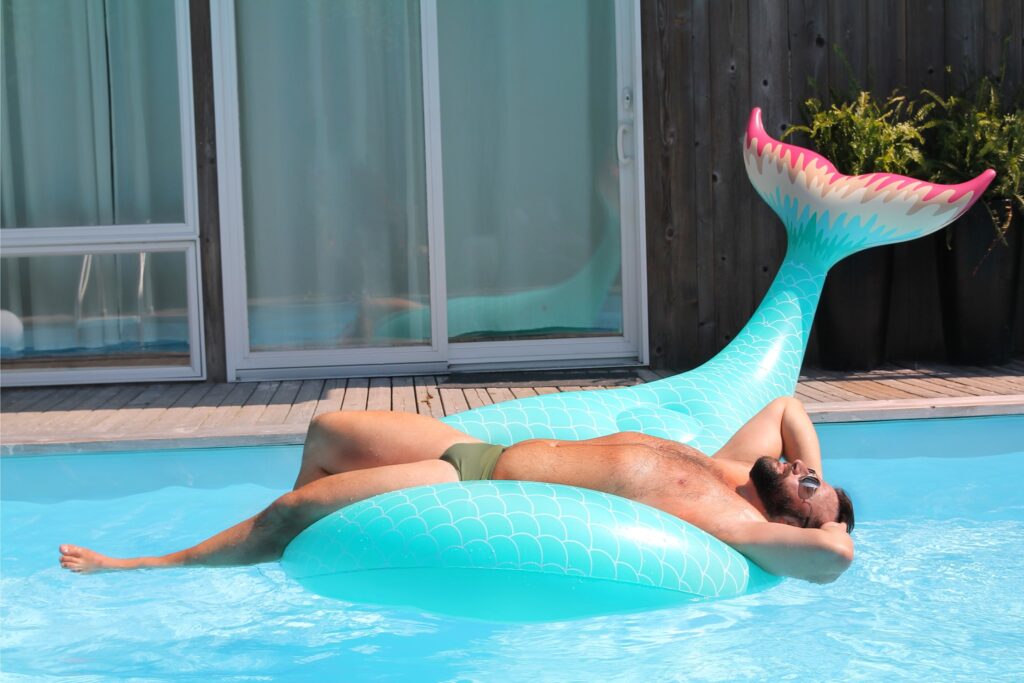
KJ: You have shared your journey in book form as a memoir, Cancer, Musical Theatre, & Other Chronic Illnesses, and now it is also being made into a musical film/series. Can you tell us more about that?
EM: Me? Talk about me? NO! … Cancer, Musical Theatre, & Other Chronic Illnesses is finally getting the life that I always believed it should have. There are some really major things coming up in the next few months that are going to aid in all of this, but the end goal for this book has ALWAYS been to be a TV series. I wrote it from the minds-eye of Rob Ashford ala Chicago, the movie musical, and that is what we are doing for TV. The script is being adapted from the book right now, there is some music in the works, and with all the fingers and toes and things crossed we will be in pre-production for a pilot by fall of 2023.
KJ: What else are you working on at the moment?
EM: My great friend, and producing partner Sarah Seeds (of Riding The D With Doctor Seeds) and I are dropping a podcast in May called I Wanna Be A Rich Bitch, and I myself am dropping a podcast situation in May separately from ‘Rich Bitch’ called How To Be A Big Deal that is going to document the to-TV journey of my book plus some less exciting business back-end stuff for funzies (that stuff is fun for me).
Plus, I have a new bop coming out this summer, under the name Edward the First, called “Bubble Magic”, which is a cover of a song by a band called Echolalia that my dad recorded in our basement in the 90s. I recently got back in touch with their lead singer, Gaila – who is a total goddess – and she and her bandmates gave me permission to cover the song a whole 30 years later. Very excited about that!
